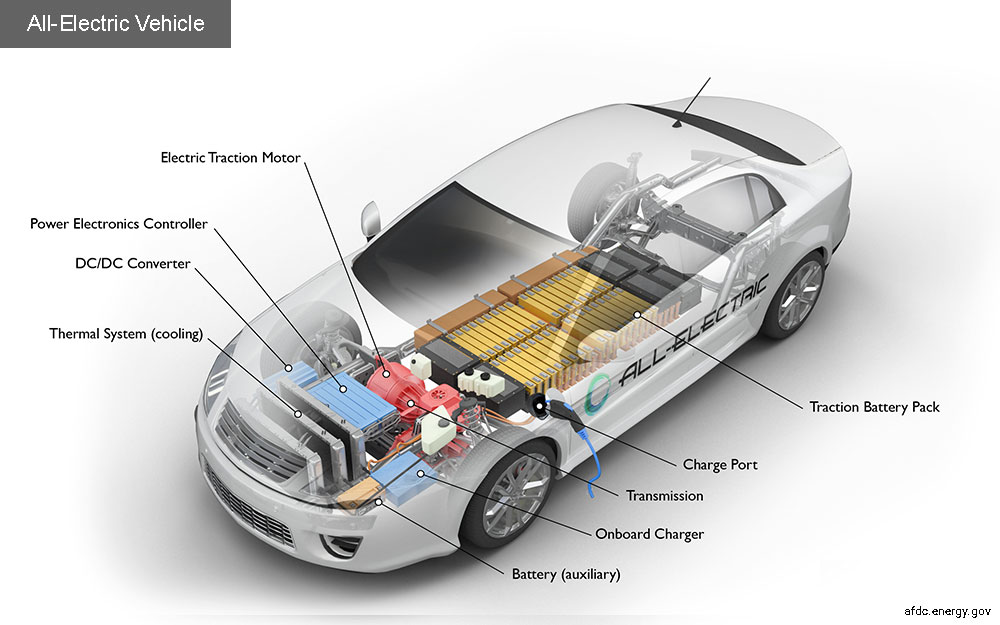How Electric Car Engines Work
Introduction
Electric cars are becoming increasingly popular as more people become aware of their environmental benefits and lower operating costs. However, many people are still unfamiliar with how electric car engines work. In this article, we will take a closer look at the inner workings of an electric car engine and explain how it converts electrical energy into mechanical energy.
The Basics of Electric Car Engines
An electric car engine, also known as an electric motor, is a device that converts electrical energy into mechanical energy. In a typical electric car, the electric motor is connected to the transmission, which in turn is connected to the wheels. When the driver presses the accelerator pedal, the electric motor draws electrical energy from the battery and uses it to create a magnetic field. This magnetic field interacts with the magnetic field of the stator, which is the stationary part of the motor, and causes the rotor, which is the rotating part of the motor, to spin. The spinning of the rotor turns the transmission, which then turns the wheels and propels the car forward.
Types of Electric Car Engines
There are two main types of electric car engines: AC (alternating current) motors and DC (direct current) motors. AC motors are more common in electric cars because they are more efficient and have a higher power density than DC motors. However, DC motors are less expensive to manufacture and are often used in smaller electric vehicles, such as golf carts and forklifts.
Advantages of Electric Car Engines
Electric car engines have a number of advantages over gasoline engines, including:
- Zero emissions: Electric car engines do not produce any tailpipe emissions, which makes them much better for the environment than gasoline engines.
- Lower operating costs: Electric car engines are much cheaper to operate than gasoline engines because electricity is cheaper than gasoline.
- Less maintenance: Electric car engines require less maintenance than gasoline engines because they have fewer moving parts.
- Quieter operation: Electric car engines are much quieter than gasoline engines, which makes them more pleasant to drive.
Disadvantages of Electric Car Engines
Electric car engines also have some disadvantages, including:
- Limited range: Electric car engines have a limited range, which means that they need to be recharged frequently.
- Long charging times: It can take several hours to recharge an electric car battery.
- Higher purchase price: Electric cars are typically more expensive to purchase than gasoline cars.
Conclusion
Electric car engines are a promising technology that has the potential to revolutionize the automotive industry. They offer a number of advantages over gasoline engines, including zero emissions, lower operating costs, and less maintenance. However, they also have some disadvantages, such as limited range and long charging times. As battery technology continues to improve, these disadvantages are likely to become less of a concern.





